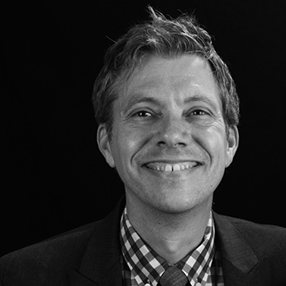Chorus
My grandfather went on his moped to the factory, two hours travel each way.
The rest of the days he fished in the woods.
The fishing rods and the nets he tied to the moped.
When I was old enough, he took me.
We rode with our legs out in the air on the bags.
We fished for eel.
Boiled water out of the creek for coffee, tea, and soup.
If we didn’t catch anything, we had nothing.
At night, when we lay to sleep, the world changed.
It talks to you.
You hear. You smell.
When the water goes down, the ground has a scent.
Small bodies walking through the open tent,
over the sleeping bag,
then, at a certain hour, it’s quiet.
In the morning, but some time before the sun, a bird would sing,
then another. They all move to the highest branch.
They make a chorus. Locating one another.
A leaf sways in the first light.
Many leaves, suspended, without contracting a single muscle.
They are like birds.
I was happy. I had survived. I was young.
Copyright © 2022 by Peter Streckfus. Originally published in Poem-a-Day on December 29, 2022, by the Academy of American Poets.
“This poem adapts language from an interview with a young Dutch naturalist as we walked through a woods near his childhood home and language from Emanuele Coccia’s The Life of Plants: A Metaphysics of Mixture. It is part of a new manuscript titled ‘Netherlands,’ which partially focuses on people in the Biesbosch, a small, geomorphically-unique region of the Netherlands that has a history of appearing and disappearing over the course of centuries due to human intervention, freshwater tidal sedimentation, and catastrophic storms. The poems reimagine this place and its people’s life histories as a new kind of flood myth.”
—Peter Streckfus

